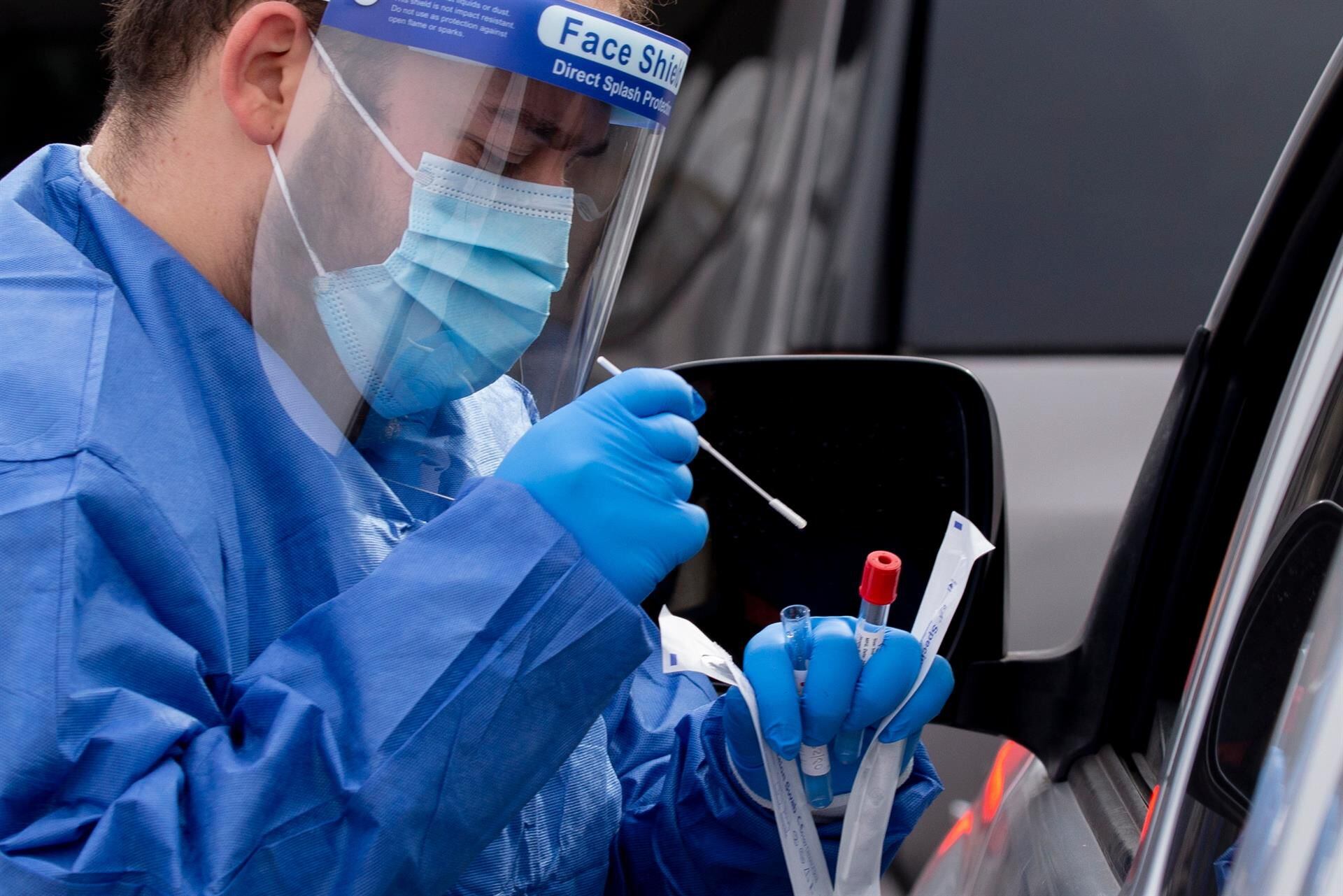
The director of the Pan American Health Office (PAHO)the brazilian Jarbas Barbosabelieves that Latin American countries have realized the need to have a universal and quality healthcare system after the coronavirus pandemic. coronavirus and ensures that those who build them “they will recover better” in the long run.
In an interview with EFE in Madrid, Barbosa, also director for the Americas of the World Health Organization (WHO), defends public health systems and recalls that “leave to market” vaccine management “It is unacceptable”.
The Brazilian points out that the biggest problem that Latin America faced in the vaccination phase against the coronavirus “it was at the beginning” when “a global agreement was lacking that could ensure equitable access” and these countries “they were in a desperate situation”.
Even so, he stresses that when the vials arrived, the vaccination was carried out “very quickly” in almost all Latin American countries, with the exception of some Caribbean islands, where “There were not so many infections and the perception of risk (of not getting vaccinated) was lower”.
To this day, Barbosa points out that “after being (the Latin American region) epicenter of the pandemic in some periods”the situation “it’s much calmer”.
“Some transmissions continue, we must continue with surveillance, especially to identify if a new variant appears and to reach groups that still need to be vaccinated, such as the elderly or those with chronic diseases who need reinforcements”says.
Recovering health systems, one of the “great challenges” post-pandemic
The Brazilian insists that the recovery of health systems “It is one of the great challenges” of all the countries of the world because the “pandemic showed that nobody was well prepared”.
“It is time to implement all the lessons learned”he asserts, actions that go from providing “equitable access to vaccines” to “strengthen capacities” of professionals for “have more resilient health systems”.
It also considers it important to reach systems of “most appropriate triage” and provide “more adequate individual protection equipment” for professionals.
The systems have to be “more resilient and recover from negative impacts but not to go back to 2019, but to go further, because in 2019 some countries and some of the most vulnerable population groups were not on a good path to achieve the Sustainable Development Goals”.
In his opinion, after the pandemic, there has been “a window of opportunity”.
“Health has never been so valued by citizens, the media or heads of state, but it must be transformed into strengthening personnel, training, an adequate number of professionals and guaranteeing a change in health systems so that they can respond to the needs of the populationskeep going.
Assistance for migrants in the region
Barbosa analyzes the situation of migrants from the region, those who want to reach the United States, but also those who for several years have decided to try their luck in another Latin American country, as is the case with millions of Venezuelans.
At times of vaccination against COVID-19, PAHO “made an effort to mobilize vaccines for this population”.
It affects what “It is not acceptable that a migrant does not have access to vaccines or the diagnosis of their diseases” and that many of these people leave their countries due to lack of access to healthcare.
“Some people who left Venezuela were for a health issue; in Chile, 40% of those who arrived had HIV, did not have access to retrovirals in their country and decided to leave”also “pregnant women, who were concerned about the state of the hospitals”.
And he gives the example of Colombia, which “received a million and a half Venezuelansand had to “mobilize economic resources” to serve you.
“Colombia suffered but mobilized resources, we support and seek donations to guarantee access”Add.
Despite the difficulties, it assumes that the situation of intraregional migration “it’s a little better now”: “It was complicated, but now the countries already have strategies to assist these migrants, and also Venezuela, if a dialogue process begins, it can improve the situation of hospitals and access to medicines”.
(With information from EFE)
Source: Gestion
Ricardo is a renowned author and journalist, known for his exceptional writing on top-news stories. He currently works as a writer at the 247 News Agency, where he is known for his ability to deliver breaking news and insightful analysis on the most pressing issues of the day.












